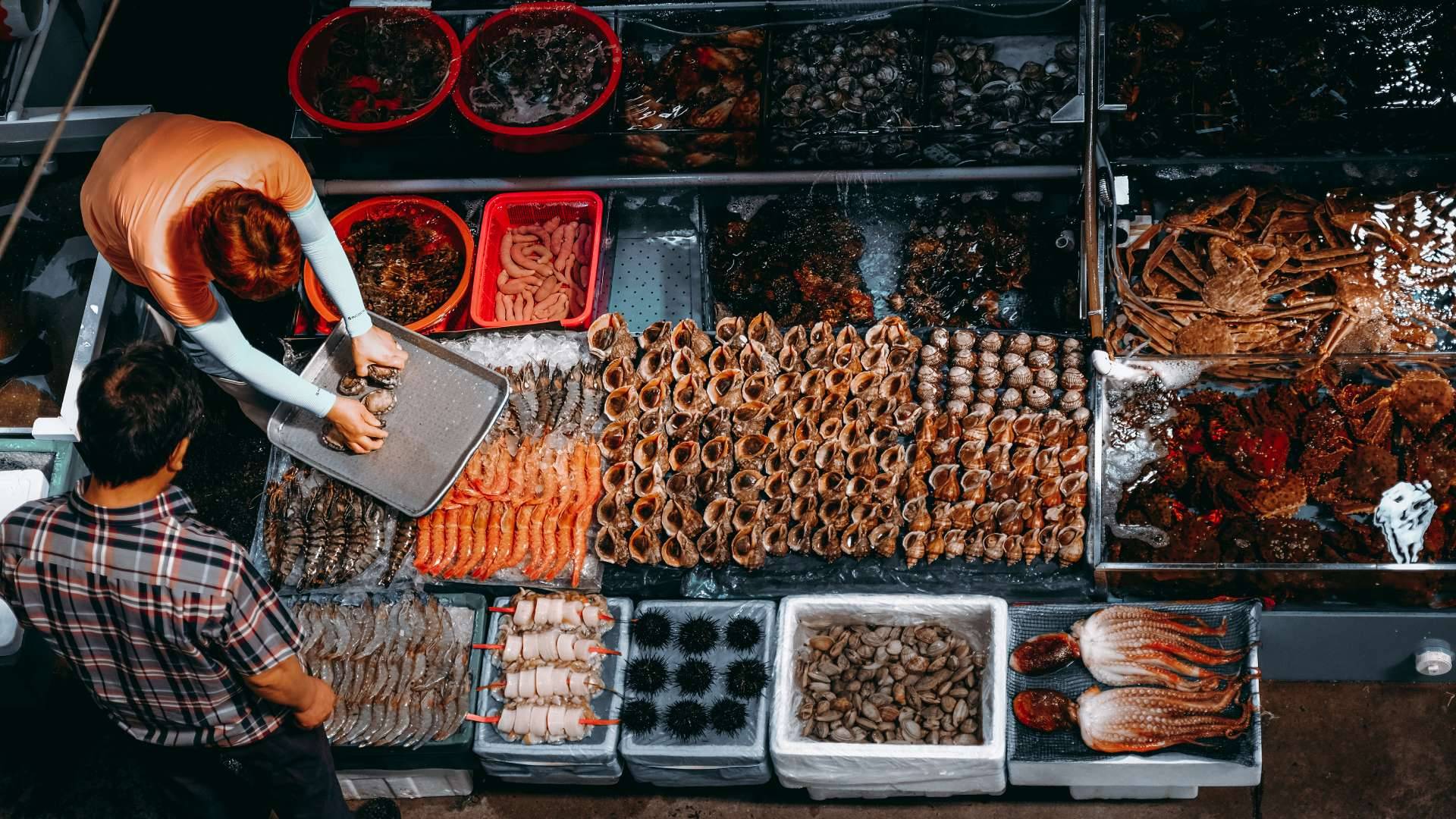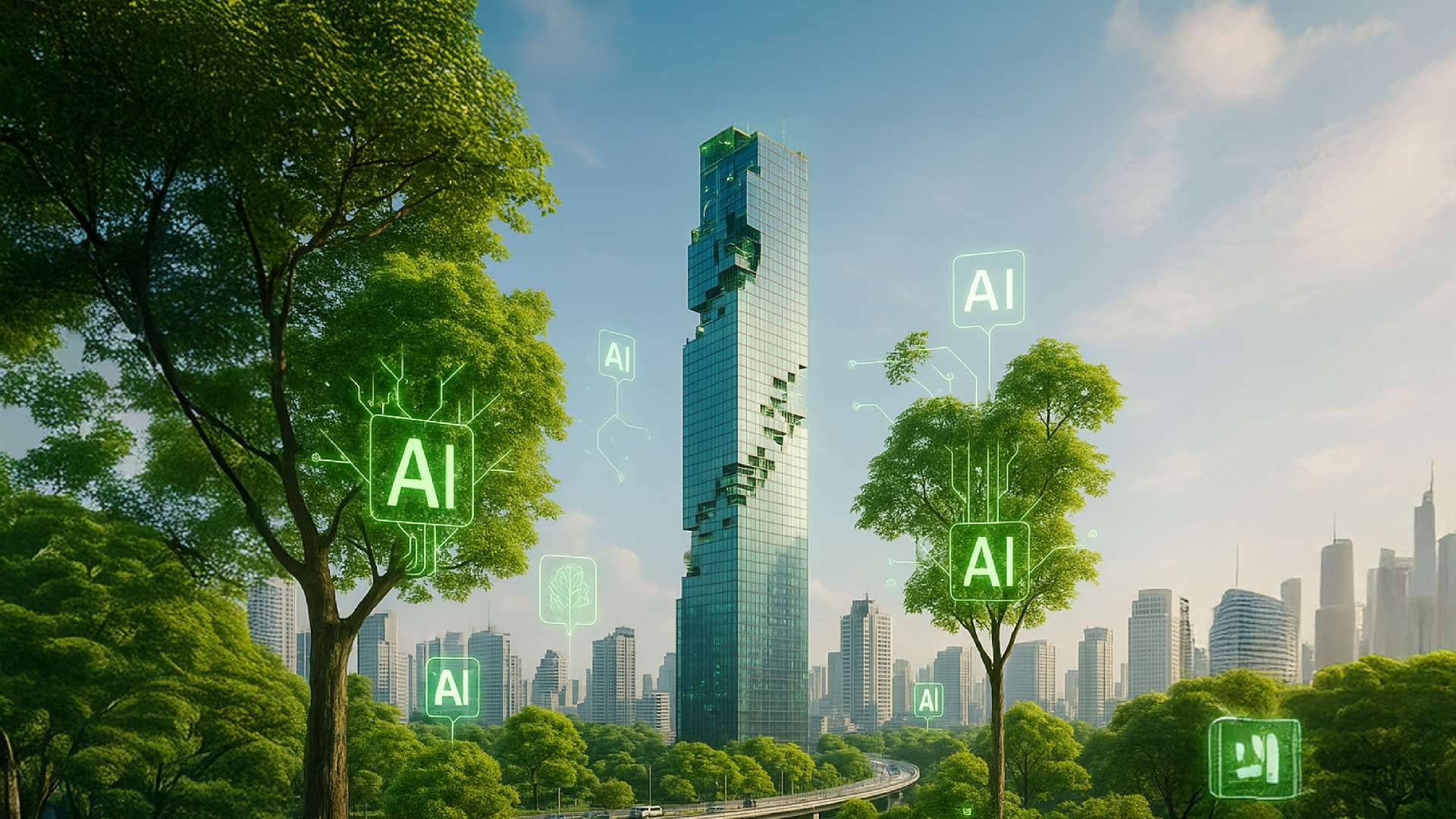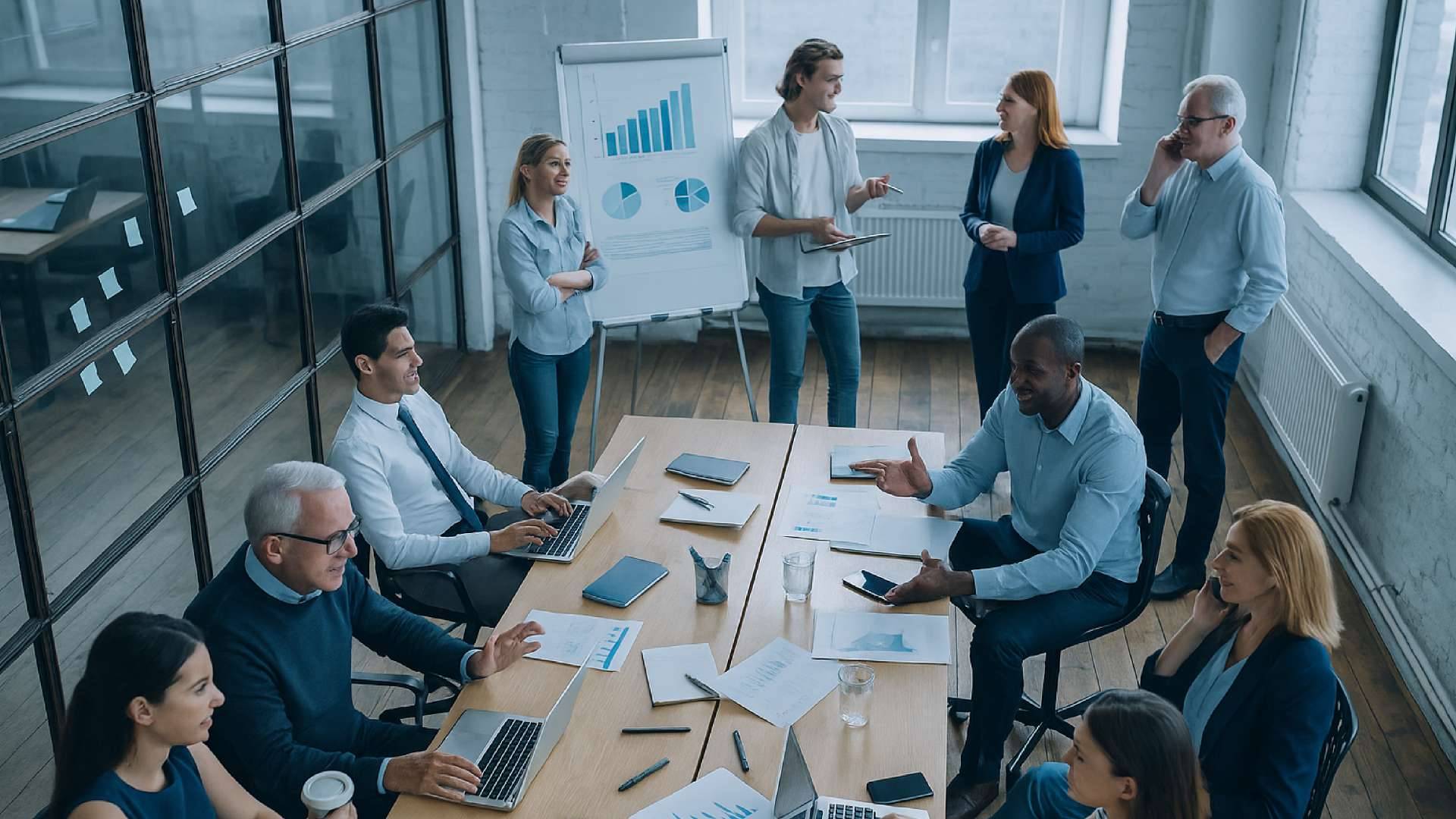
From the Sea to Your Stomach
ARTICLES | Apr 18, 2022
Thailand's sea pollution persists because people fail to understand the relationship between marine ecosystems and our lives. Why do we need to conserve the sea? Read on to find out.
A recent study by Stanford University found growing demand for seafood, with consumption set to rise by over 80% from 2010 to 2050. This change is explained by 4 factors: price, population, income, and personal preference. Seafood consumption differs from consumption of meats like beef, chicken, and pork. A better income gives consumers more opportunities to eat seafood. But this factor only applies at an introductory level. With a good income, instead of eating the same seafood each meal, people eat a wider variety of seafood and only delicious, nutritious, good-quality dishes that meet their personal tastes. The same study also pointed out that local seafood is preferred and consumed most frequently. Our main food source therefore reflects our location.
How are seafood consumption and sea conservation related? Research shows that demand for seafood is increasing. Rising pollution means we may soon be eating more and more contaminated seafood. Our bodies may accumulate micro plastic, eventually affecting our health. Although we try to choose food sources carefully, when marine ecosystems are destroyed local fish may be reduced and eventually disappear. Marine animals in our food will be of lower quality and unsafe. In the worst case, nutritious seafood could become a luxury for only the wealthy. Relevant agencies should solve problems like marine dumping of garbage, industrial wastewater discharge, and illegal fishing to protect natural resources.
Implications for the future:
- Nutritious and clean seafood will become limited and accessible only to certain groups of people. This could aggravate socioeconomic inequalities so that rich are healthy and the poor suffer more serious diseases.
- Seafood security should be a matter for the international community because oceans and seas are connected and belong to everyone. A lack of integration will undermine the security and sustainability of the food system in the future.
- Comprehensive legal control and protection will help protect the future of marine resources. Cooperation by all parties including information sharing should be the basis of knowledge for everyone in the country.
Reference: https://www.nature.com/articles/s41467-021-25516-4, https://news.stanford.edu/2021/09/15/different-seafood-2050
Discover more about us at www.futuretaleslab.com or follow us at https://www.blockdit.com/pages/6184ec3b07f0660cad381cf9











